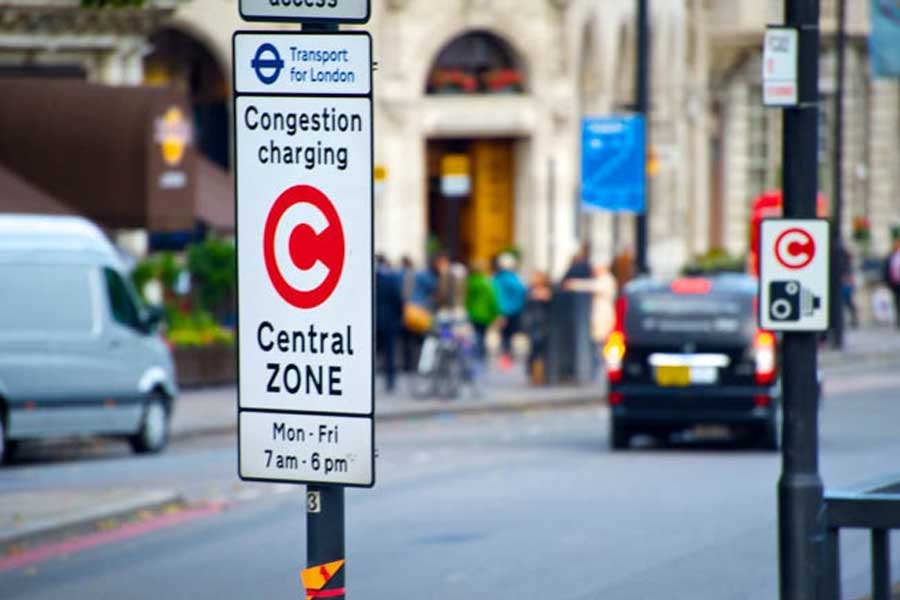- The New York Times gathered data on what has changed since congestion pricing was implemented, and the answer is, pretty much everything is better. Governing Magazine agrees that the program is delivering results by reducing traffic, improving commute times and raising revenue for transit.
- City and state DOTs should be using data to fix dangerous intersections before people are killed, rather than after. (The Hill)
- Monorails are kind of a joke these days, but as cities get denser, they could be making a comeback. (Popular Science)
- Next year, Bay Area voters will decide on funding measures that could make or break the region's transit agencies. (Politico)
- Seattle is finally testing a car ban at the popular Pike Place Market after decades of debate. (Cascade PBS)
- Austin's CapMetro is raising bikeshare fees for the first time in 12 years to cover the cost of buying e-bikes. (KVUE)
- The manager of Portland transit agency TriMet is not happy with The Oregonian's coverage of its ridership.
- Maybe R.E.M. was wrong — do go back to Rockville. With its high walkability score and access to transit, the Maryland town is one of the greenest in the U.S. (CNU Public Square)
- L.A. is known more for its traffic than its transit system, but the A Line is the longest light rail line in world. (Secret Los Angeles)
- Speaking of L.A. traffic, even with President Trump's threatened tariffs on films produced outside the U.S., why would anyone want to shoot a movie in a place so traffic-choked when they could shoot in Europe instead? (The Guardian)
- Poland is planning more than 1,000 miles of high-speed rail, with a central hub that doubles as an airport. (Express)
Today's Headlines
Let Wednesday’s Headlines Clear Our Throat
Congestion pricing is doing what its supporters promised it would do.

Via Creative Commons.
Stay in touch
Sign up for our free newsletter
More from Streetsblog USA
Monday’s Headlines Took the Keys Away
A demographic disaster is coming as a generation of aging suburbanites become either dangerous drivers or trapped in their homes.
Why Anti-Trans Laws Are Terrible For Transportation, Too
A disturbing new Kansas law revokes trans people's driver's licenses. Here's how it will make our communities more dangerous.
Sunbelt Cities Rank Last in National Street Safety Index
Cars and drivers continue to dominate the newest and sunniest cities in the United States.
Americans Demand Congress Fund Active Transportation In Next Infrastructure Bill — And Not Just The Bike/Walk Advocates
A "back to basics" surface transportation bill — as Republicans are seeking — would be devastating for road safety and small businesses.
Friday’s Headlines Take a Lot to Laugh, Take a Train to Cry
I ride on a mail train, baby. Can't buy a thrill.
Talking Headways Podcast: The Future of Transit
Yonah Freemark talks with Jeff Wood about the state of the trains across the world.





